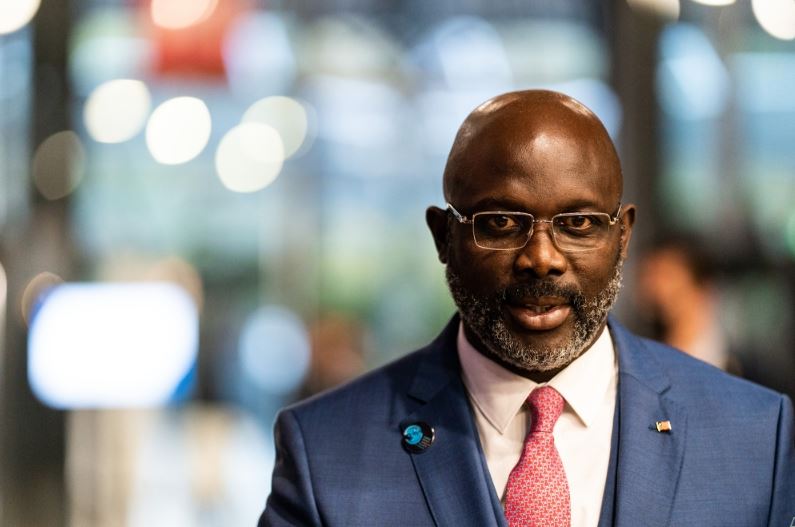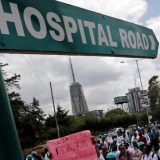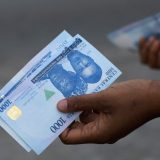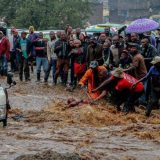In front of several thousand people who will also be voting in legislative elections, Liberian President George Weah, who is seeking reelection, officially began his campaign for the October 10 presidential election on Thursday in Monrovia, according to an AFP journalist.
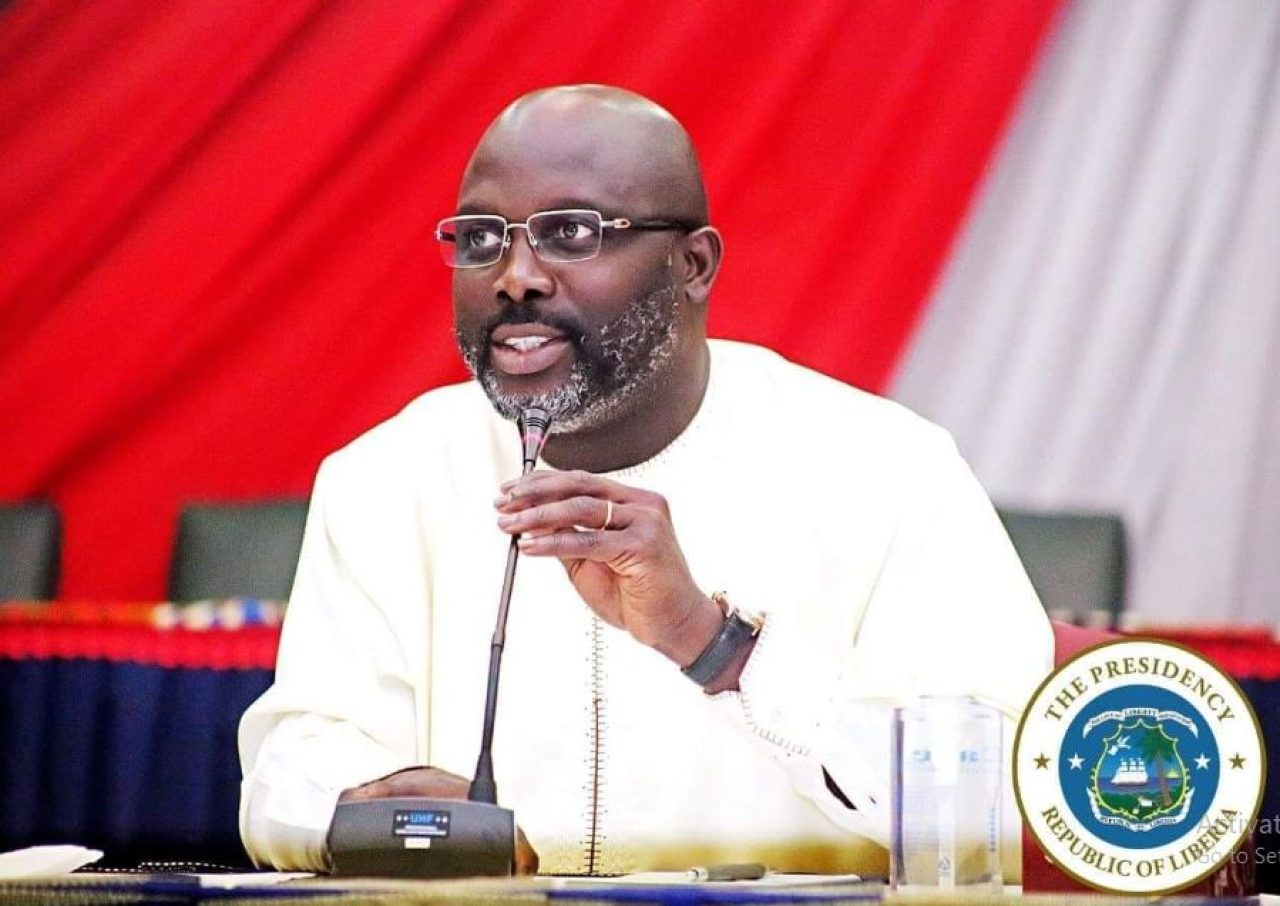
President Weah, 56, was applauded in a Monrovia stadium by supporters wearing T-shirts with his and his running mate Jewel Howard-Taylor’s images. Howard-Taylor is the ex-wife of former president and warlord Charles Taylor, who was given a 50-year prison sentence for war crimes and crimes against humanity committed in the neighboring country of Sierra Leone.
“I am extremely pleased that you have placed your trust in me to lead this country for the past six years. I owe my ascension to the presidency to the hard work and perseverance of my supporters,” said Mr Weah.
“During our first term, we laid the foundations for peace, freedom of expression, macro-economic stability and the restoration of confidence in the national education system. I can guarantee that the years 2024 and beyond will be better for all Liberians”, he said.
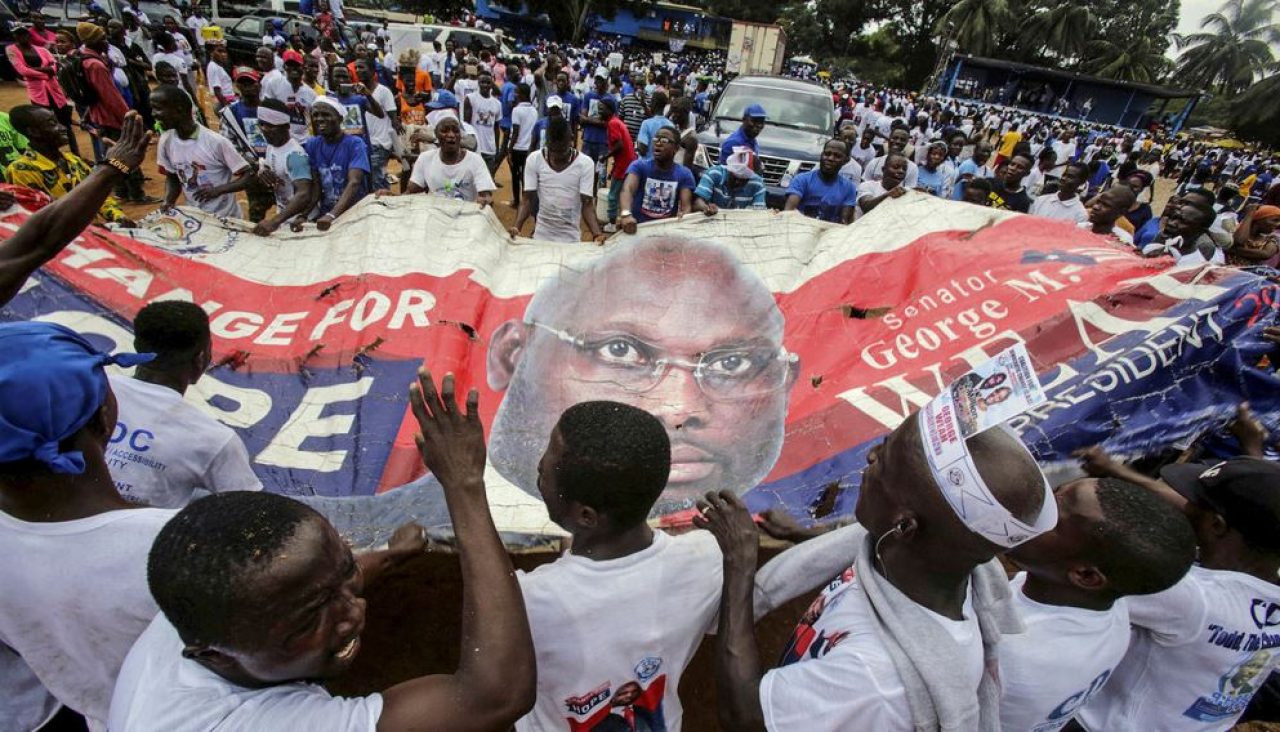
The party of Mr. Weah, a former international football player who has transitioned to politics, the Coalition for Democratic Change (CDC), the fans were also wearing red caps. He was elected president in 2017 and began his six-year tenure in office in 2018.
Between two chants of support for George Weah, Victoria Kpahn, 19, who was in the crowd, was getting ready to cast her first ballot. She told AFP that she was confident she would win “in the first round.” The campaign was formally launched on August 5 and is scheduled to end on October 8 at midnight.
President Weah has 19 competitors. One of his key challengers is Joseph Boakai, a businessman and party leader who served as Ellen Johnson Sirleaf’s vice president from 2006 to 2018. Another is Taiwan Gongloe, a human rights attorney.
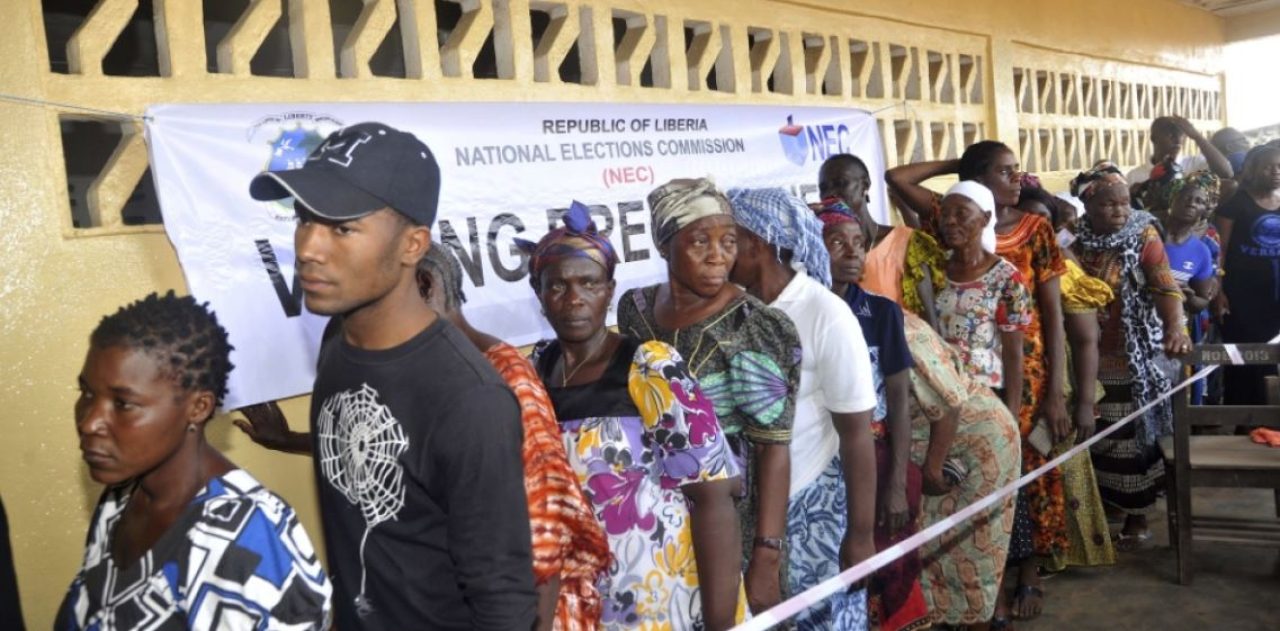
46 parties have received accreditation from the National Elections Commission. More than 2.4 million people have registered to vote in the presidential and parliamentary elections, which will determine 15 of the country’s 30 senators, as well as 73 members of parliament.
In a nation that had been devastated by the Ebola epidemic of 2014–2016 and by civil conflicts between 1989 and 2003, Mr. Weah’s election in 2017 gave rise to great optimism. The five million-person nation was only just beginning to bounce back when it was struck by the Covid-19 outbreak and the effects of the war in Ukraine.
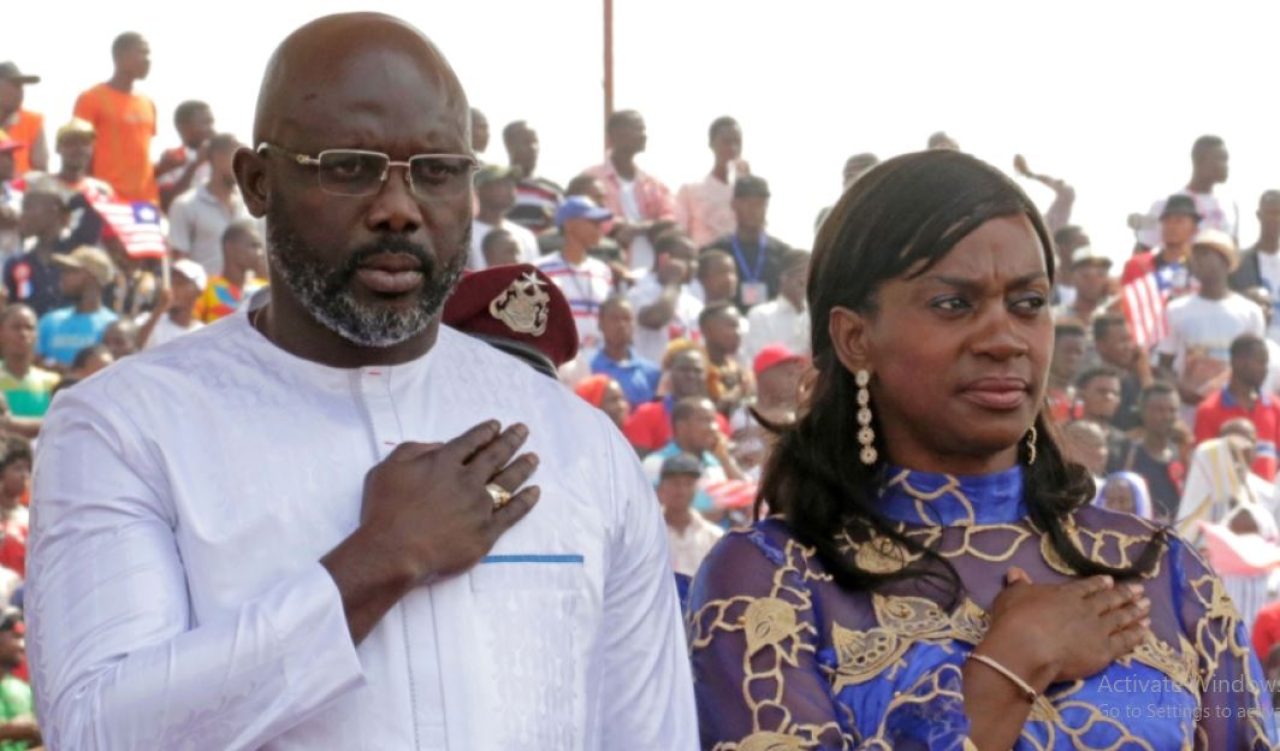
The World Bank estimates that over half of Liberians survive on less than $1.90 per day.
When he ran for president, Mr. Weah pledged to invest in education and generate jobs. His detractors charge him of breaking his commitments.
